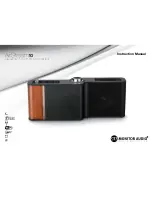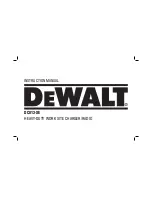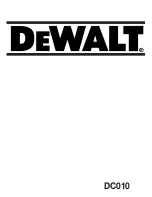
3
Direct Search — lets you search for
transmissions starting from a frequen-
cy you specify.
Count Feature — lets you keep track
of how many times your scanner has
stopped on a channel.
Search Skip — lets you select up to
50 frequencies for the scanner to skip
during a search, so you can avoid fre-
quencies you have already discovered
or that have a continuous transmis-
sion.
Two-Second Scan Delay — delays
scanning for 2 seconds before moving
to another channel, so you can hear
more replies.
Data Skip — skips data signals (non-
modulated signals such as preamble
signals for pagers) during scan, limit
search, and direct search.
Lock-Out Function — prevents
channels you select from being
scanned.
Priority Channels — checks 10 spec-
ified channels every 2 seconds so you
do not miss important calls.
Automatic Modulation Mode — se-
lects the modulation method — nar-
row-band frequency modulation
(NFM) or amplitude modulation (AM)
— most often used for each band, and
lets you manually override the preset
mode.
Attenuator — reduces the scanner’s
sensitivity to help limit reception to
strong, nearby transmitters.
Memory Backup — keeps stored
channel frequencies in memory for up
to 3 days during a power loss.
CTCSS Option — with an optional
CTCSS tone circuit board, you can
use the Continuous Tone Coded
Squelch System (CTCSS) to selec-
tively listen to some business band
and amateur radio transmissions.
Backlit Display — lets you easily see
the indicators on the scanner’s dis-
play, even at night.
We recommend you record your scan-
ner’s serial number here. The number
is on the scanner’s back panel.
Serial Number: _________________
Your scanner has the following pre-
programmed weather channels:
• 162.4000 MHz (NFM)
• 162.4250 MHz (NFM)
• 162.4500 MHz (NFM)
• 162.4750 MHz (NFM)
• 162.5000 MHz (NFM)
• 162.5250 MHz (NFM)
• 162.5500 MHz (NFM)
20-418.fm Page 3 Wednesday, August 4, 1999 12:42 PM




































